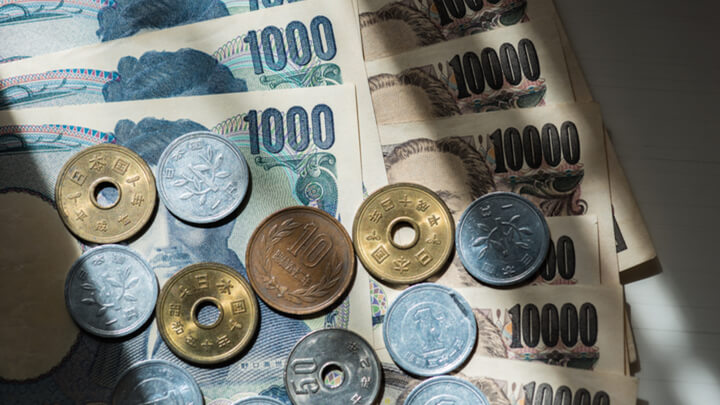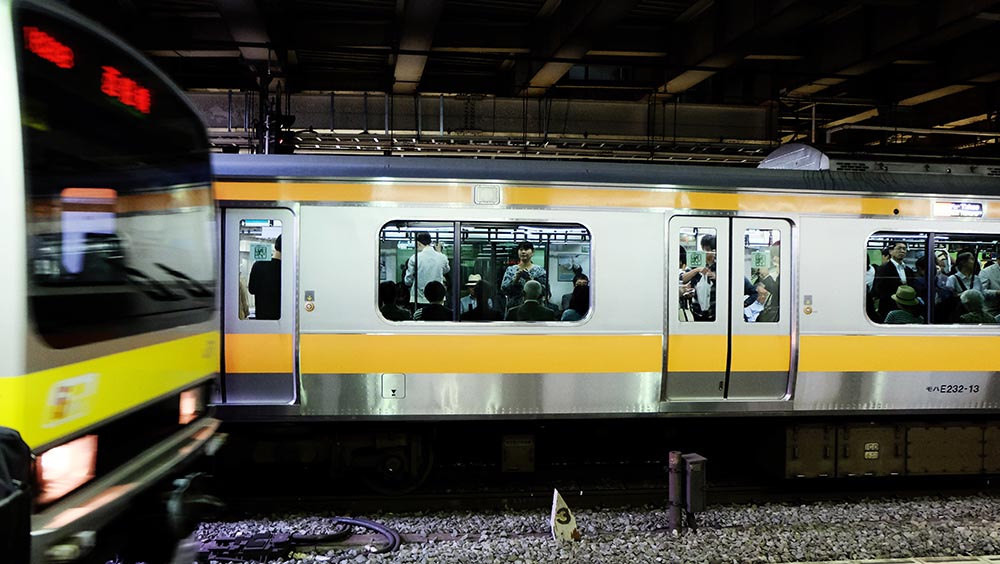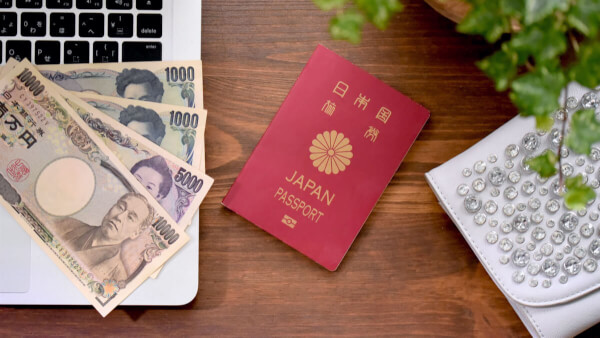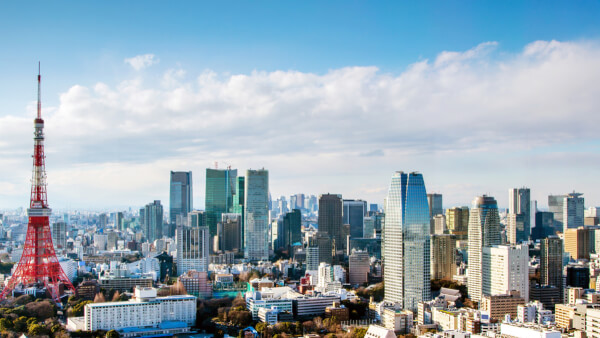How to move to Japan: step by step guide
Moving? Explore our blog for key insights on managing expenses, currency, and more adjustments for a successful move.

Japan is a fascinating country with a high standard of living. It also has a reputation for being one of the world’s most expensive countries to live in. While there may be some truth to this, Japan is no longer the costly country it once was, and it is possible to live well on most budgets.
Here's our breakdown of the costs you can expect to encounter when moving to Japan.

Deciding where to live can be an overwhelming decision for even those familiar with Japan.
Small towns will provide cheaper rent but it will be difficult to get by for anyone who doesn’t speak the language. Smaller cities like Osaka, Hiroshima, Fukuoka, Kobe, Nagoya or Kyoto offer a great standard of living for a lower price. Rentals in these places are around 37 per cent cheaper than in Tokyo.
The majority of expats will head to Tokyo, which is 23 different wards all rolled into one megacity. Each ku (ward) has it’s own characteristics and feel. Living in Shibuya-ku will be different to living in Shinjuku-ku, and very different to Shinagawa-ku. Many international companies and embassies, as well as a high number of international schools are located in Minato-ku, which results in a large expat population in the area, but also much higher rents.
Most expats who are familiar with Tokyo will choose an area with easy access to Tokyo’s circular line, the JR Yamanote line. Alternatively, setting up home in the cheaper areas of Yokohama and Chiba, and commuting often makes more sense.

Once you’ve decided where to live, you’ll need to decide on how you want to live.
There is a wide range of accommodation choices to suit every expat budget. Less expensive are house shares and “Gaijin houses”, where you have your own room but share common areas and a bathroom.
For those looking to rent their own home, it’s best to turn to a real estate agent that specialises in expatriate housing. Many landlords are still reluctant to rent to foreigners, so navigating Japan’s real estate market can be complicated. Most leases will be for 12–24 months and will include a refundable deposit and non-refundable key money. Key money is a gratuity that you pay your landlord and typically equal to one or two months rent. While apartments without key money are becoming easier to find, it’s still common practise in Japan. Add to that the agent’s commission (another month’s rent), property maintenance fee and insurance, and securing the right home in Japan can be an expensive exercise.
Another option is a serviced apartment - these generally come furnished and are available on shorter term lets.
Expect a two-bedroom apartment to start around JPY 160,000-200,000 with prices rising for more expensive areas. Add to that basic utilities and internet for around JPY15,000 - 20,000.

Japan has one of the most extensive and efficient public transport systems in the world.
Unless you’re relocating to a rural area, a car won’t be necessary. A one-day train pass will cost JPY 600, however living there you’ll need a rechargeable smart card. The Pasmo card allows you to travel around most major cities in Japan. It covers JR train lines, private train lines, Tokyo subway lines and buses. It does not work on express trains or the Shinkansen. A Suica card is a prepaid card used on JR East trains, subways and buses.

Getting around a city like Tokyo can be a workout.
Stick to public transport and walking, and you’ll not only get where you want to go, but you’ll also tick most daily exercise targets. Another great way to incorporate some travel time with fitness is to get a bike.
If you’re still after a gym, then there are plenty to choose from, but be prepared to pay. Gold’s Gym and Anytime Fitness have branches all over Japan. A standard monthly membership costs around JPY14,313 (or around JPY 8000 for Anytime fitness), plus a one-time sign up fee. You’ll need a permanent resident card or visa for Japan and a Japanese bank account or credit card to become a member. Also keep in mind gym etiquette. You’ll need a second pair of indoor-only shoes at the gym.
For those on a tighter budget, there are some public gyms. At 300 to 600 yen a pop these are a great option for the budget conscious.
Japan’s medical system is first class. Depending on your visa and employer, you should be entitled to up to 80 per cent of your healthcare costs under the National Health insurance scheme or the Employees health Insurance program.

A movie ticket will set you back around JPY 1800, while a coffee will cost around JPY 400, although the coffee cans in vending machines make cheap substitutes.
Mobile phone plans vary, but a decent plan will start at around JPY6000 per month.
Most supermarkets and convenience stores sell bento boxes for lunch, but watch for slashed prices towards the end of the day and grab some sushi for dinner. Eating out will vary greatly depending where you go. A bowl of ramen or gyudon can cost as little as JPY500, while a meal for two at an izakaya will be around JPY6000. The days of cheap beer vending machines might be over, but you can still buy your beer at your local 7/11, and a Kirin or Asahi will still only set you back about JPY 500–700 at your local bar.
Japan can be expensive, but a great lifestyle can still be built around any expat budget.
Whether you're moving money to pay for your new digs in Japan, or paying off your mortgage at home - don't get overcharged.
Banks charge up to 5% and hide their fees in poor exchange rates. Wise always uses the mid-market rate meaning it's up to 8x cheaper.
Here's how it works:
*Please see terms of use and product availability for your region or visit Wise fees and pricing for the most up to date pricing and fee information.
This publication is provided for general information purposes and does not constitute legal, tax or other professional advice from Wise Payments Limited or its subsidiaries and its affiliates, and it is not intended as a substitute for obtaining advice from a financial advisor or any other professional.
We make no representations, warranties or guarantees, whether expressed or implied, that the content in the publication is accurate, complete or up to date.

Moving? Explore our blog for key insights on managing expenses, currency, and more adjustments for a successful move.

Wondering if you're eligible for Japanese citizenship? Find everything you need to know in this handy guide.

Americans love Japan. They love the unique culture, cherry blossoms, the never ending nightlife of Tokyo and of course, sushi. Japanese culture fascinates...

Whether you’re an expat already, looking for a second home for family vacations, or want a smart investment, buying real estate in Japan can be a good move....

Japan is a country with a rich history and growing economy. In certain industries, like the tech sector, booms are starting to happen. Japan is quickly...

Whether you’re bridging family traditions or a simply looking for a unique destination, a Japanese wedding experience is like no other in the world. Japanese...